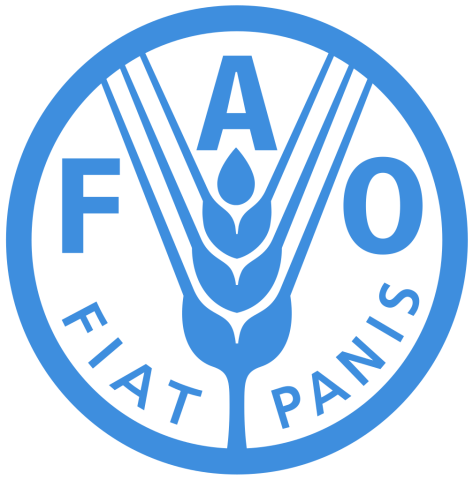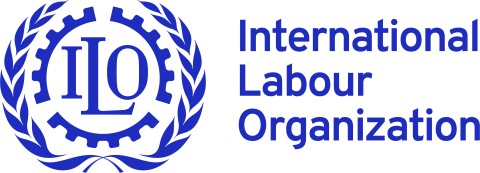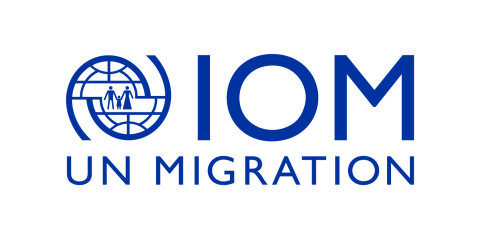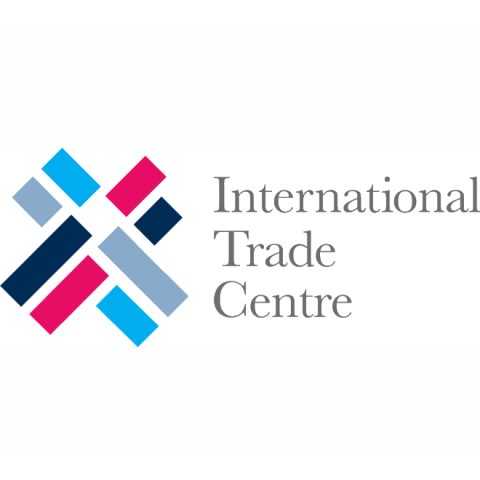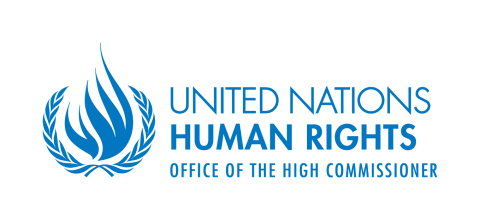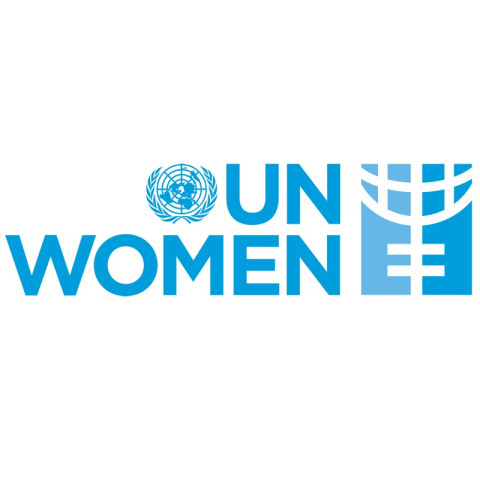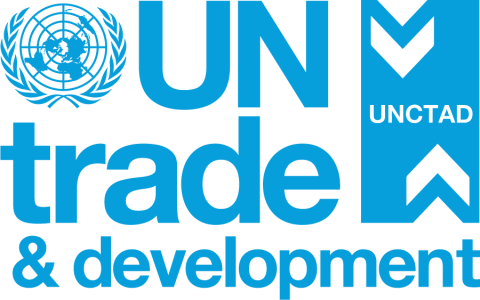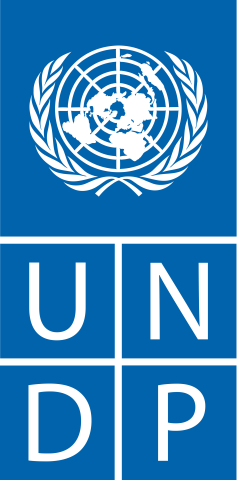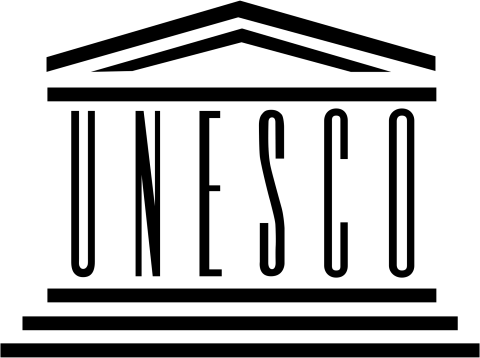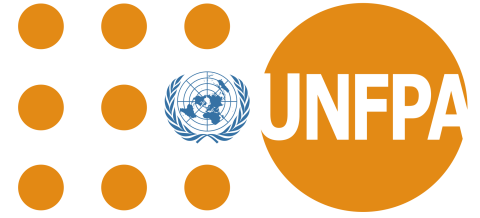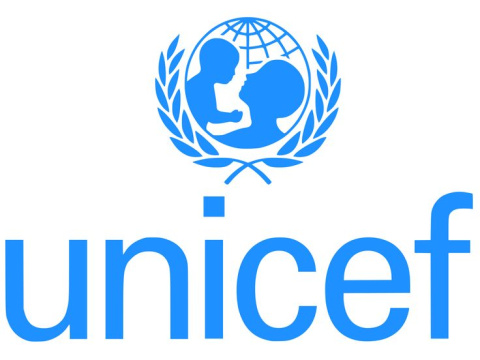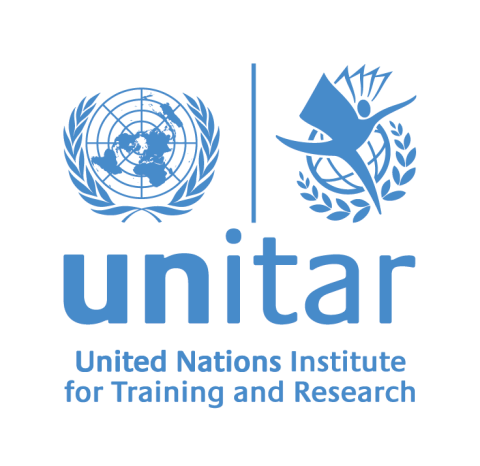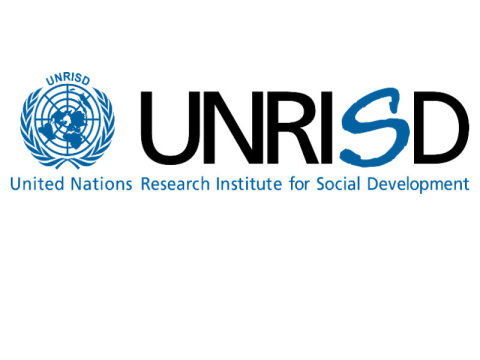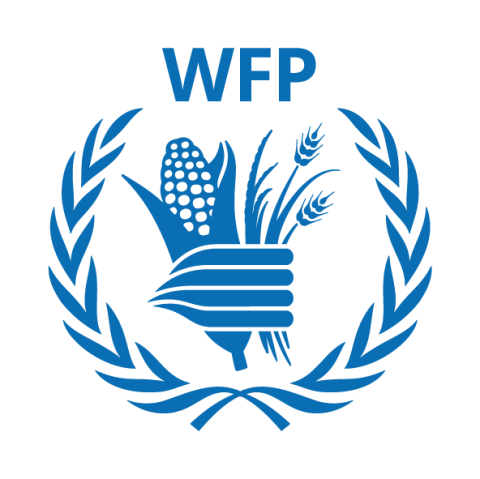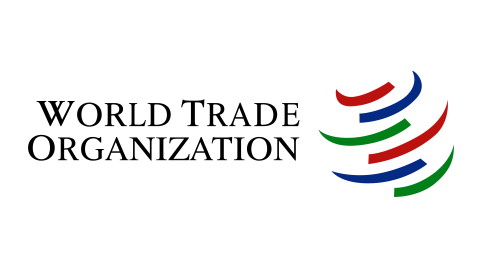
面包屑
- 此页面是使用机器翻译翻译的。 阅读全文.
人权
性别平等工作的人权基础是《 消除对妇女一切形式歧视公约》,该公约已得到189个国家的批准。批准该公约的国家有以下法律义务:
- 消除生活各个领域对妇女一切形式的歧视
- 确保妇女充分发展和进步,使她们能够与男子平等行使和享有人权和基本自由
- 允许消除对妇女歧视委员会(CEDAW)定期向该机构报告,以审查其执行条约的努力
消除对妇女歧视委员会由 23 名专家组成,负责跟踪《公约》的执行情况,接受个人或团体的投诉,并调查任何签署国严重违反《公约》的行为。消除对妇女歧视委员会还向成员国提供一般性建议,并因此在多个国家取得了进展,例如在继承权、财产权和妇女政治参与等领域。
每个人在任何地点都享有权利
人权与性别、性别认同或性取向往往紧密相连。这一点对于难民和移民来说尤其明显:有些人因为自己的身份或所爱之人而需要离开家园。其他人则在东道国面临歧视和污名化。国际移民组织和联合国难民署致力于保护移民和难民免受任何形式的虐待或与其性别或性取向有关的歧视,例如工作机会、社会服务机会等。教育社区了解基于性别的暴力的影响以及替代的共同生活方式是这些组织另一项重要工作。
工作世界
职场性骚扰、薪酬不均、缺乏女性管理人员或产假政策不足:女性工作者面临的障碍不胜枚举。在某些文化中,女性不应该工作,甚至不应该上学的观念加剧了这种情况。总部设在日内瓦、致力于工人权利和工人福利的国际劳工组织 (ILO) 通过了几项重要公约。这些公约被运用到国家背景下,为女性创造更好的工作环境奠定了基础。
贸易界女性
联合国贸易和发展会议 (UNCTAD) 探讨贸易政策对女性的影响是否不同于男性,以及如何不同。该组织发布研究结果,并提供贸易和性别方面的培训,帮助成员国的参与者了解其贸易政策分别对男性和女性的影响。
国际贸易中心推出了“SheTrades”计划,为全球女性企业家提供切实支持。小型企业可从产品品牌或进入国际市场方面的建议中获益。
健康
性别与健康在很多方面相互交织。女性健康受到身体暴力或性暴力、女性生殖器切割、医疗保健系统或医疗保险有限等影响。此外,严格的性别刻板印象迫使所有性别都遵循某些行为模式,例如,男性必须养家糊口。这可能会对一个人的心理健康产生影响。对 LGBTQ+ 人士的歧视和暴力是对人们身心健康的另一个威胁。
世卫组织收集有关这些风险因素的数据,例如,有多少妇女成为家庭暴力的受害者,以及按性别和其他指标划分的一般健康统计数据(卫生平等评估工具包)。数据基础使会员国有机会根据所有性别的不同需求调整其卫生系统。该组织还为卫生从业人员和管理人员发布了工具包,展示了如何解决这个问题。
性与生殖健康
联合国艾滋病规划署向全世界的妇女宣传艾滋病毒和其他性传播疾病的威胁。该项目向妇女和女孩普及性健康和生殖健康知识,让她们了解如何获得健康服务,以及如何选择更安全的性行为。
联合国人口基金致力于解决与性健康和生殖健康、计划生育、安全怀孕和生育以及男女儿童平等机会有关的所有问题。联合国人口基金还与各国政府共享人口数据。该组织的日内瓦办事处主要致力于将性别平等作为一项人权,并在这方面为人权理事会提供了重要投入。
致力于性别平等的组织
作为可持续发展目标的一部分,联合国艾滋病规划署正在领导全球努力,到 2030 年消除艾滋病这一公共卫生威胁。
自 35 多年前报告第一例艾滋病毒病例以来,已有 7800 万人感染了艾滋病毒,3500 万人死于与艾滋病相关的疾病。自 1996 年开始运作以来,联合国艾滋病规划署领导并激发了全球、区域、国家和地方的领导力、创新和伙伴关系,最终使艾滋病毒成为历史。
联合国艾滋病规划署是一个问题解决者。它将艾滋病毒感染者和受病毒影响的人置于决策桌上,并置于设计、实施和监测艾滋病应对措施的中心。它为各国和社区走上结束艾滋病的快速通道指明了道路,并且大胆倡导消除艾滋病应对的法律和政策障碍。
联合国艾滋病规划署提 [...]
联合国开发计划署是致力于结束贫困、不平等和气候变化的不公正现象的领先联合国组织。该机构与 170 个国家/地区的广泛专家和合作伙伴网络合作,帮助各国为人类和地球构建综合、持久的解决方案。
UNDP 日内瓦办事处是 UNDP 日内瓦和总部设在日内瓦的组织的平台,也是与法国和瑞士政府的主要联络点。自 2014 年 10 月以来,联合国开发计划署日内瓦办事处作为综合伙伴关系办公室,跨方案和代表职能开展工作。它确定、建立和发展开发署的机构能力,以加强广泛合作伙伴之间的战略伙伴关系,主要是与方案国和捐助国、联合国系统、非政府组织和民间社会组织、私营部门、政府间组织、国际金融机构、区域银行 [...]
联合国欧洲经济委员会 (UNECE) 由 ECOSOC 于 1947 年成立。它是联合国五个区域委员会之一。其主要目标是促进泛欧经济一体化。
联合国教科文组织日内瓦联络处(GLO)成立于 1979 年,旨在协调联合国教科文组织与联合国日内瓦办事处(UNOG)、设在日内瓦的联合国专门机构(例如世界卫生组织、国际劳工组织、国际电联、世界知识产权组织和世界气象组织)、联合国项目的联络。 、基金和组织(例如人权高专办、联合国难民署、联合国艾滋病规划署、贸发会议等)。
关联实体:
- 联合国教科文组织国际教育局
联合国教科文组织国际教育局致力于改革世界各地的课程并改善教育体系。为了设计和实施最佳实践,我们与国家和地区主管部门以及利益相关者密切合作。我们的主要目标是提高全民教育的标准、有效性、效率和可及性。
联合国毒品和犯罪问题办公室 (UNODC) 的使命是让世界更加安全,远离毒品、有组织犯罪、腐败和恐怖主义。本组织致力于通过应对这些威胁并促进和平与可持续福祉来遏制这些威胁,从而实现人人享有健康、安全和正义。
毒品和犯罪问题办公室在日内瓦的联络官促进了毒品和犯罪问题办公室与世界卫生组织合作,努力制定全面、整体和综合的减少毒品需求的方法。
UNRISD 是联合国系统内的一个自治研究机构,对当代发展问题的社会层面进行跨学科研究和政策分析。 UNRISD 与来自发达国家和发展中国家的学术、政策、从业者和活动家社区的广泛合作伙伴网络合作,旨在将社会公平、包容和正义置于发展思想、政策和实践的中心。

